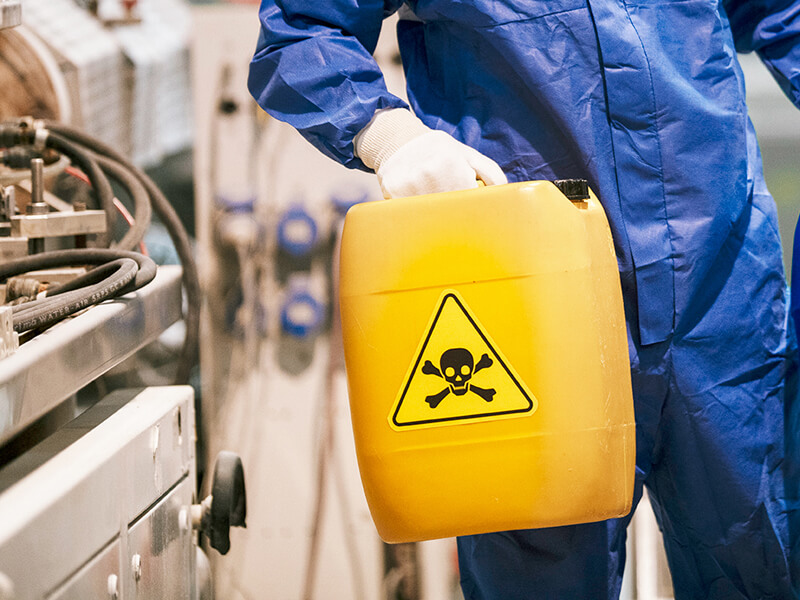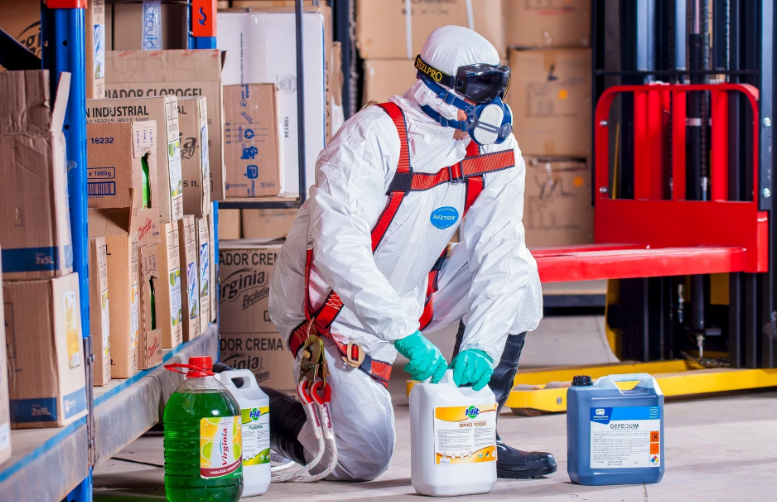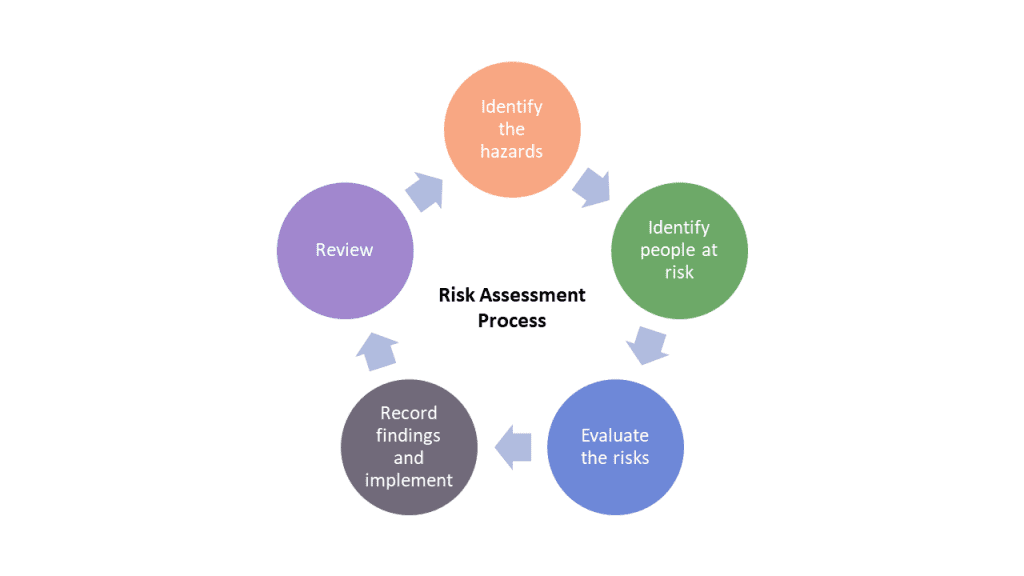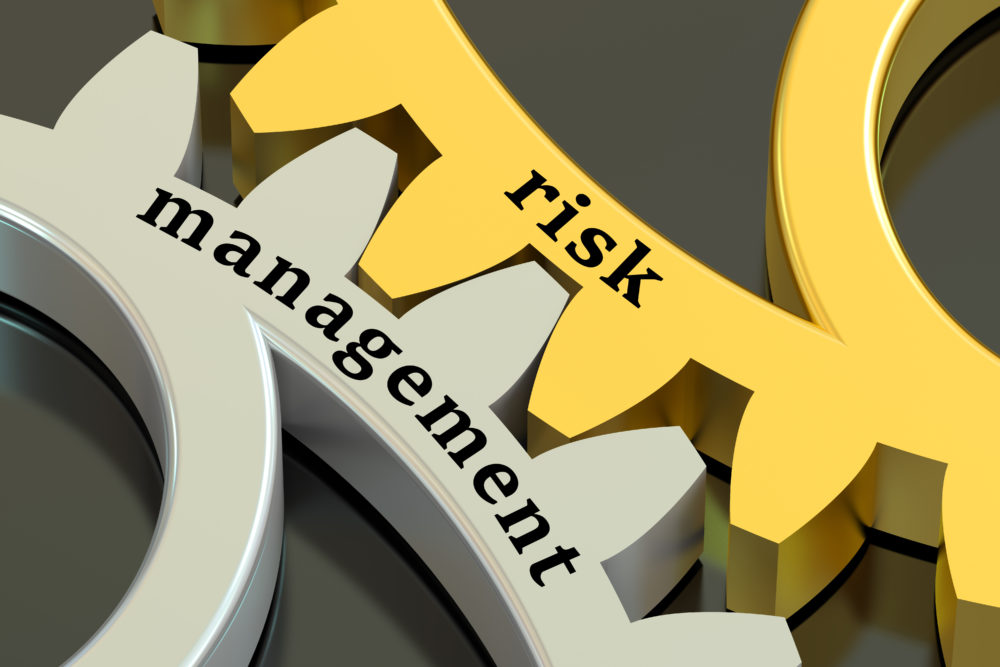

This program provides a practical approach to conducting risk assessments demonstrating how reliable occupational health & hygiene data should be collected and used to make decisions on health risks from chemical substances.
This interactive Training will be highly interactive, with opportunities to advance your opinions and ideas and will include;
Monitoring Exposure - Theory and Practice
Interpretation and use of exposure data
Assessment of engineering controls
Personal Protective Equipment (PPE)
Health surveillance & Case Studies
BTS attendance certificate will be issued to all attendees completing minimum of 80% of the total course duration.
| Code | Date | Venue | Fees | Register |
|---|---|---|---|---|
| HSE217-01 | 26-04-2026 | Dubai | USD 5450 | |
| HSE217-02 | 05-07-2026 | Amman | USD 5450 | |
| HSE217-03 | 06-09-2026 | Casablanca | USD 5950 | |
| HSE217-04 | 15-11-2026 | Cairo | USD 5450 |

This course is designed to provide participants with a comprehensive overview of the best practices in chemicals risk assessment and management. It covers the principles, methodologies, and regulatory ...

Emergency responders are those people who may be the first emergency personnel to arrive at hazardous material/waste incidents and are expected to take some evasive actions to protect the people or th ...

Introduction: Traditional’ risk assessment programs exist to identify hazards arising from work activities to ensure suitable risk control measures are in place. However, incidents continue to happen ...

Managing risk is increasingly being recognized as a critical management skill. Risk uncertainty, assessment, and management, when used correctly is a highly effective problem solving tool for line- m ...
Providing services with a high quality that are satisfying the requirements
Appling the specifications and legalizations to ensure the quality of service.
Best utilization of resources for continually improving the business activities.
BTS keen to selects highly technical instructors based on professional field experience
Since BTS was established, it considered a training partner for world class oil & gas institution
1st floor, Incubator Buildingو Masdar City, Abu Dhabi, UAE
Sun to Fri 09:00 AM to 06:00 PM
Contact Us anytime!
Request Info